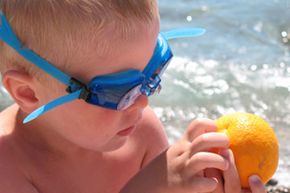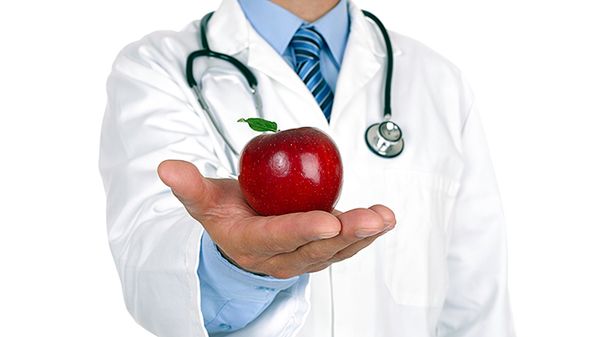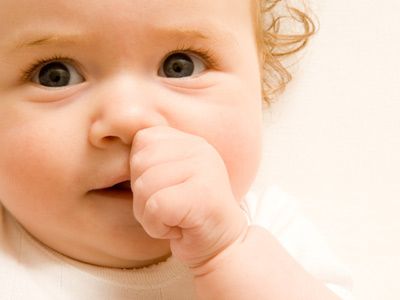Ah, summer. The lazy days spent swinging in a hammock. The ice-cold glasses of lemonade. The backyard barbecues. The family vacation to that favorite destination. And the abject terror parents foster in their kids by telling them to steer clear of all bodies of water after eating lest they succumb to certain cramp-induced drowning.
No one is quite sure when or why parents began telling their children to wait an hour after eating before setting so much as a little toe in the pool or lake. Two popular theories abound, one biological and the other social.
Advertisement
First, it seems to have been believed that upon eating, most of the available blood in one's body would flood to the stomach to help with digestion. Thus deprived of proper blood flow, the limbs wouldn't have enough of the precious fluid in them to be able to execute even a simple backstroke, leaving the young swimmer to seize up with cramps and sink like a frozen ravioli in a pot of water.
The second possible origin of this myth is, perhaps, more likely. Water safety concerns were much more lax in the '50s and '60s when there were few lifeguards watching the water for potential accidents. So, parents had to maintain a constant vigil. What better way to get a respite than to tell little ones the take-an-hour-break tale? This would allow parents at least 60 minutes of peace when they most needed it -- after their bellies were full of a torpor-inducing lunch.
The "I need a break theory" certainly underpinned many a kid's sulking hour-long pool hiatus. But does the blood-flow theory hold water? Find out on the next page.
Advertisement



